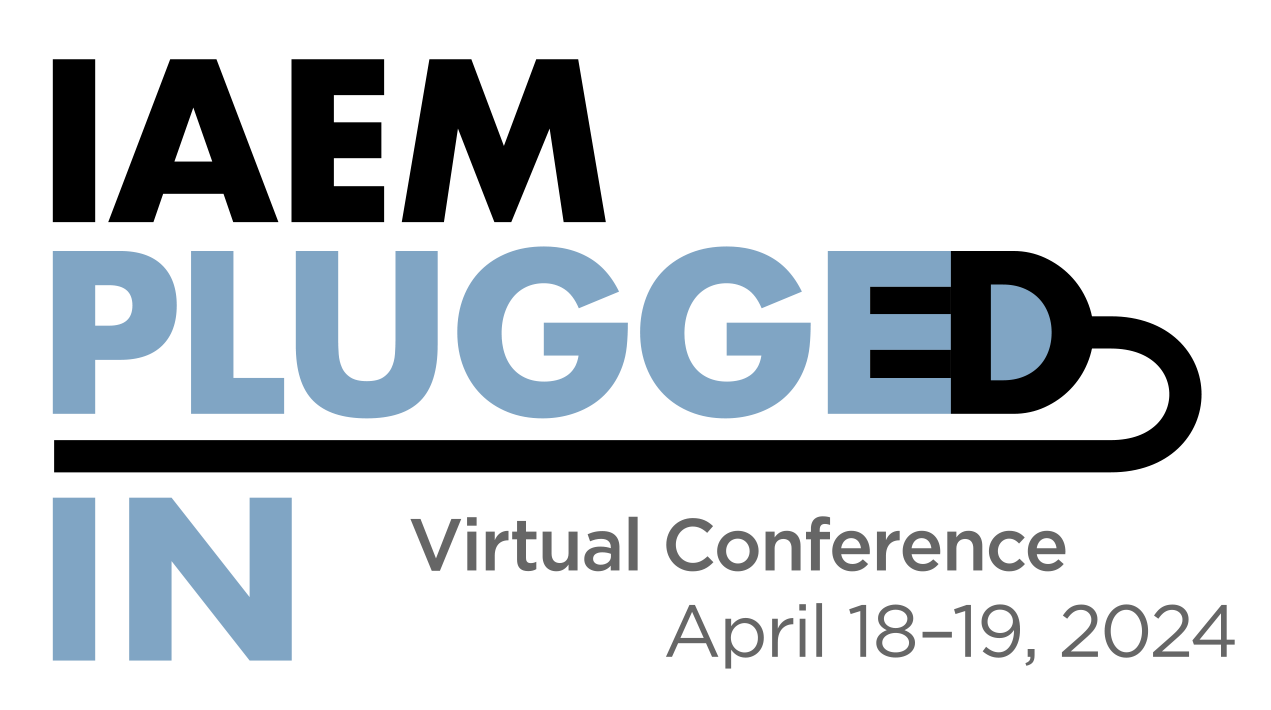Terrorism and US-sponsored microcredit program: Macroglobal returns
DOI:
https://doi.org/10.5055/jem.2010.0014Keywords:
terrorism, social, microcredit, economicAbstract
Terrorism continues to plague society, more frequently in some parts of the world and infrequently in other areas, and some of the root causes of terrorism have been linked to the lack of appropriate economic and social conditions.This social and economic vulnerability may be reduced through the establishment of USsponsored microcredit programs in the affected regions. US-sponsored microcredit programs could be made accessible and available to the young and unemployed, those most vulnerable to Islamic extremist terrorist recruitment or those who would otherwise participate in terrorist attacks against America or American interests. This program could replace lack of opportunity, despair and feelings of anti-Americanism with economic opportunity, hope, and empowerment resulting in an improved global image of America. The net result of a successful American-sponsored microcredit program would reduce the risk of an attack by Islamic extremist terrorist organizations on America as well as improve the lives, livelihoods and societies of those who participate and beyond.This article examines and evaluates the proposal of reducing economic and social vulnerability through an American-sponsored microcredit program; it also addresses the history and concept of microcredit, possible program pitfalls and financial considerations.References
McCormack W: Legal Responses to Terrorism. San Francisco, CA: Mathew Bender & Company, Inc, 2008.
Council on Foreign Relations: Mind over martyr: How to deradicalize Islamist extremists.Available at http://www.foreignaffairs.com/ articles/65896/jessica-stern/mind-over-martyr. January 2010.
Loza W: The Psychology of Extremism and Terrorism: A Middle- Eastern Perspective, Aggression and Violent Behavior. Vol. 12. ON, Canada: Queen’s University (Psychiatry), 2007: 151.
Ahmed HU: Micro-credit programs ride a wave of success. Arab News. Available at http://www.arabnews.com/?page=9§ion= 0&article=79781&d=27&m=3&y=2006. Accessed January 21, 2010.
American Security Project: Are we winning? Available at www. americansecurityproject.org/resources/2009_AWW.pdf. Accessed January 21, 2010.
World Factbook: Country comparison: GDP. Available at https:// www.cia.gov/library/publications/the-world-factbook/rankorder/ 2001rank.html. Accessed January 21, 2010.
Cordesman A: “Winning the War on Terrorism”: A Fundamentally Different Strategy, Middle East Policy. Vol. 13. Oxford, England: Blackwell Publishing Limited, 2006: 101, 102.
US Library of Congress: The Sociology and Psychology of Terrorism:Who Becomes a Terrorist and Why?Washington, DC: US Government Printing Office, 1999: 40, 50, 51.
Yunus M: About Grameen. Grameen Communications Web site. Available at http://www.grameen-info.org/agrameen/index.html. Accessed November 21, 2007.
Yunus M: Muhammad Yunus Petersberg prize acceptance speech. Grameen Communications Web site. Available at http://www. grameen-info.org/Media/mediadetail5.html. Accessed October 9, 2007.
Yunus M: What is micro-credit? Grameen Communications Web site. Available at http://www.grameen-info.org/bank/WhatisMicrocredit. htm. Accessed October 10, 2007.
Bladin P: Improving microfinance through telecommunications. ESR Rev. 2007; 9(1): 14-19.
Nobel Foundation: The Nobel Peace Prize for 2006, Press Release. Nobel Prize Web site. Available at http://nobelprize.org/nobel_prizes/ peace/laureates/2006/presentation-speech.html. Accessed January 21, 2010.
Anonymous: Mobile phones empower Ugandans. Appropriate Technol. 2009; 36(4): 58-60.
Development Gateway Foundation: Petersberg Prize for 2004, Press Release. Development Gateway Foundation Web site. Available at http://old.developmentgateway.org/node/790768/. Accessed October 9, 2007.
Combs C: Terrorism in the Twenty-First Century. 4th ed. New Jersey: Pearson Prentice Hall, 2006: 68, 70.
National Commission on Terrorist Attacks upon the United States: The 9/11 Commission Report, Executive Summary. Washington, DC: US Government Printing Office, 2004: 3, 16, 17.
Kepel G: The Trail of Political Islam. Cambridge, MA: Harvard University Press, 2002.
CIA: The World Factbook. CIA World Factbook Web site. Available at https://www.cia.gov/library/publications/the-worldfactbook/ geos/ag.html. Accessed November 22, 2007.
CIA: The World Factbook. CIA World Factbook Web site. Available at https://www.cia.gov/library/publications/the-worldfactbook/ index.html. Accessed November 22, 2007.
UNFPA: United Nations population fund, Arab States. United Nations Human Development Report Web site. Available at http:// www.unfpa.org/arabstates/overview.cfm. Accessed November 25, 2007.
Gardner E: Wanted: More Jobs. International Monetary Fund, Finance and Development. Vol. 40. International Monetary Fund Web site. Available at http://www.imf.org/external/pubs/ft/fandd/ 2003/03/gard.htm. Accessed November 24, 2007.
Bulmer E: The Impact of Israeli Border Policy on the Palestinian Labor Market, Economic Development and Cultural Change. Vol. 51. Illinois: University of Chicago Press, 2003: 661.
Beidas S, Kandil M: Setting the stage for a national currency in the West Bank and Gaza: The choice of exchange rate regime. IMF Working papers 05/70. Available at http://ideas.repec.org/p/ imf/imfwpa/05-70.html. Accessed January 21, 2010.
US Department of Labor: US Department of Labor, Bureau of Labor Statistics, October 2007 Unemployment Rate. Bureau of Labor Statistics Web site.Available at http://www.bls.gov/. Accessed November 25, 2007.
Dasgupta D, Keller J, Srinivasan T: Reform and elusive growth in the Middle East—What has happened in the 1990s? The World Bank Working Papers Series, 25. Available at http://siteresources. worldbank.org/INTMENA/Resources/WP25.pdf. Accessed January 21, 2010.
Gold D: Economics of Terrorism. New York: Columbia University Press, 2004: 1, 10, 17.
UNDP: United Nations 2009 Human Development Report. United Nations Human Development Report Web site. Available at http://hdr.undp.org/en/statistics/. Accessed January 21, 2010.
UNDP: Human Development Report. United Nations Human Development Report Web site. Available at http://hdr.undp.org/en/ statistics/faq/question,68,en.html. Accessed January 21, 2010.
The Pew Research Center for the People and the Press: Global Opinion: The Spread of Anti-Americanism. Washington, DC: The Pew Research Center, 2005: 106, 112, 116.
Tolchin M, Tolchin S: A World Ignited: How Apostles of Ethnic, Religious, and Racial Hatred Torch the Globe. New York: Rowman and Littlefield Publishers, Inc, 2002: 1, 3, 4, 5, 8, 44, 45, 49.
Dajani J: The new danger in the Middle East: Unemployment. Huffington Post. Available at http://www.huffingtonpost.com/ jamal-dajani/the-new-danger-in-the-mid_b_166696.html. Accessed January 21, 2010.
Published
How to Cite
Issue
Section
License
Copyright 2007-2023, Weston Medical Publishing, LLC and Journal of Emergency Management. All Rights Reserved







